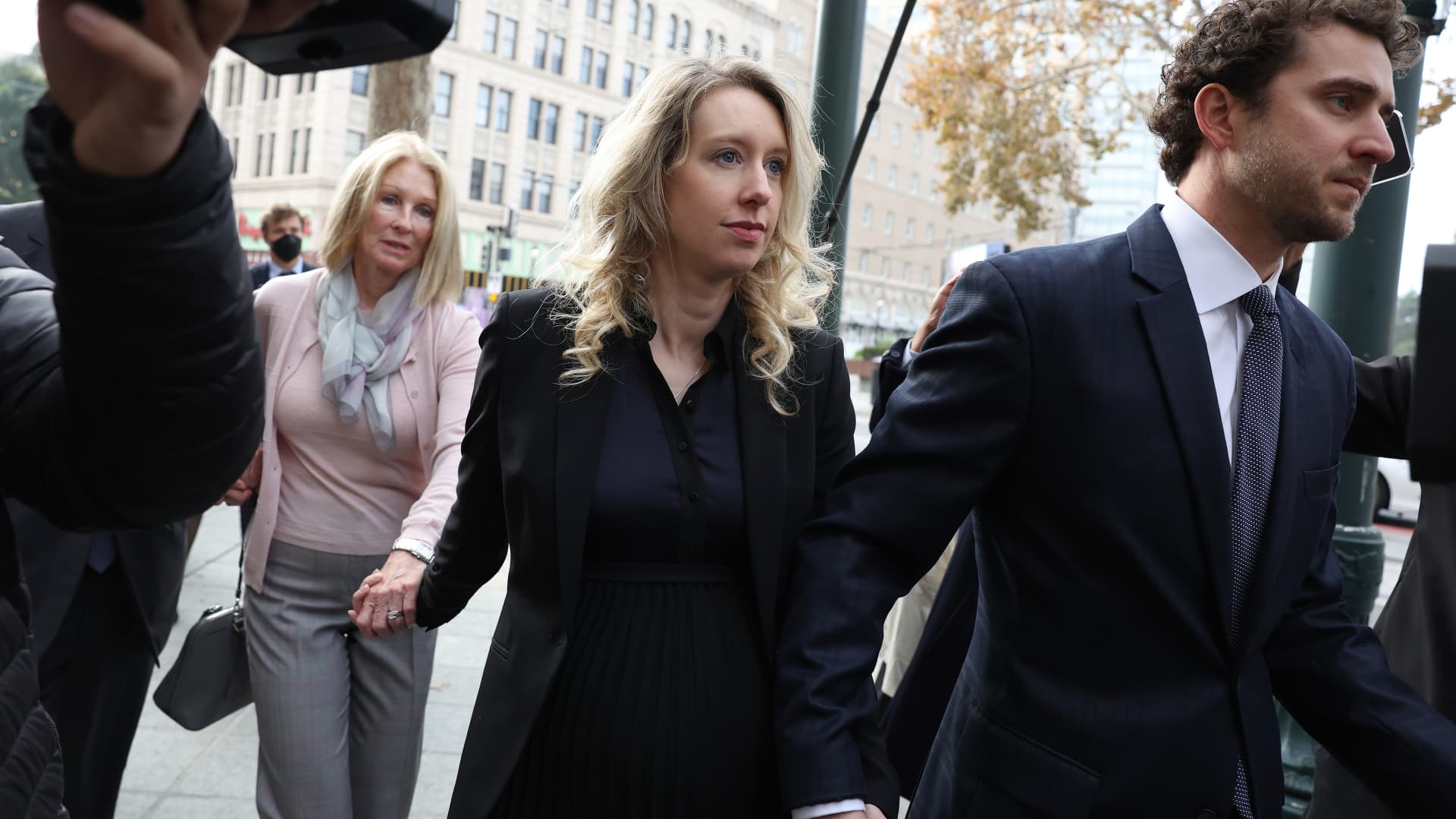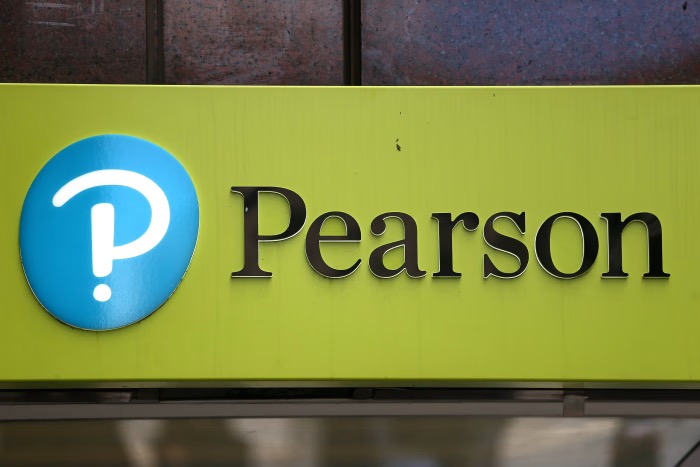Elizabeth Holmes, the former CEO of blood-testing startup Theranos, has lost her final attempt to overturn her 2022 conviction for fraud, marking the likely end of a high-profile legal saga that captivated Silicon Valley and the broader public. A U.S. federal appeals court rejected Holmes’ request to have her case reheard, affirming the original verdict and effectively closing the door on her appeals process.
Holmes, once hailed as a visionary entrepreneur, was convicted on four counts of wire fraud and conspiracy after misleading investors about the capabilities of Theranos’ proprietary technology. The company, which claimed it could perform a full range of diagnostic tests using only a few drops of blood, was eventually exposed for exaggerating the performance and reliability of its devices. At its peak, Theranos was valued at $9 billion, with Holmes seen as the next Steve Jobs. That image quickly unraveled as investigations revealed the company’s technology failed to deliver on its bold promises.
In her appeal, Holmes’ legal team argued that errors during the trial—including what they described as misleading testimony and the improper admission of certain pieces of evidence—warranted a retrial. However, the appeals court disagreed, finding no legal missteps significant enough to overturn the jury’s decision. The court’s ruling reinforced the integrity of the original trial, which involved extensive testimony from former employees, investors, and regulatory experts.
Now serving a nine-year sentence at a minimum-security federal prison in Texas, Holmes has maintained her innocence throughout. In recent public comments, she acknowledged making mistakes but insisted she did not intend to mislead anyone. She has also described her time in prison as deeply distressing, particularly due to her separation from her two young children.
Holmes’ fall from grace has been one of the most dramatic in the tech world. Once a media darling featured on magazine covers and conference stages, she became a symbol of the dark side of Silicon Valley’s “fake it till you make it” culture. Theranos promised to revolutionize healthcare by providing faster, cheaper, and less invasive blood tests—but in reality, much of the testing was done using traditional machines, and the results were often unreliable.
Legal experts believe that Holmes’ options are now extremely limited. She could theoretically request a full panel of appellate judges to rehear the case or petition the Supreme Court, but both avenues are considered long shots. With the rejection of this appeal, many analysts believe this marks the end of her legal battle.
In addition to her prison sentence, Holmes was also ordered, along with former Theranos president Ramesh “Sunny” Balwani, to pay $452 million in restitution to defrauded investors. Balwani, who was tried separately and also convicted, is serving his own prison sentence.
The Theranos saga continues to be a case study in ethics, corporate oversight, and the pressures of startup culture. It has spurred conversations about the need for stronger regulation in biotech and other high-stakes industries where bold promises can have real-world health consequences.

As Holmes serves out her sentence, her story remains a cautionary tale about ambition, deception, and accountability. The downfall of Theranos is not just about one woman or one company—it highlights systemic issues in how startups are evaluated and funded, particularly when breakthroughs are promised without peer-reviewed science to back them up.
With the appeal denied and her legal journey nearing its end, Elizabeth Holmes’ chapter in Silicon Valley history is largely closed, leaving behind a trail of lessons for future innovators and investors alike.













